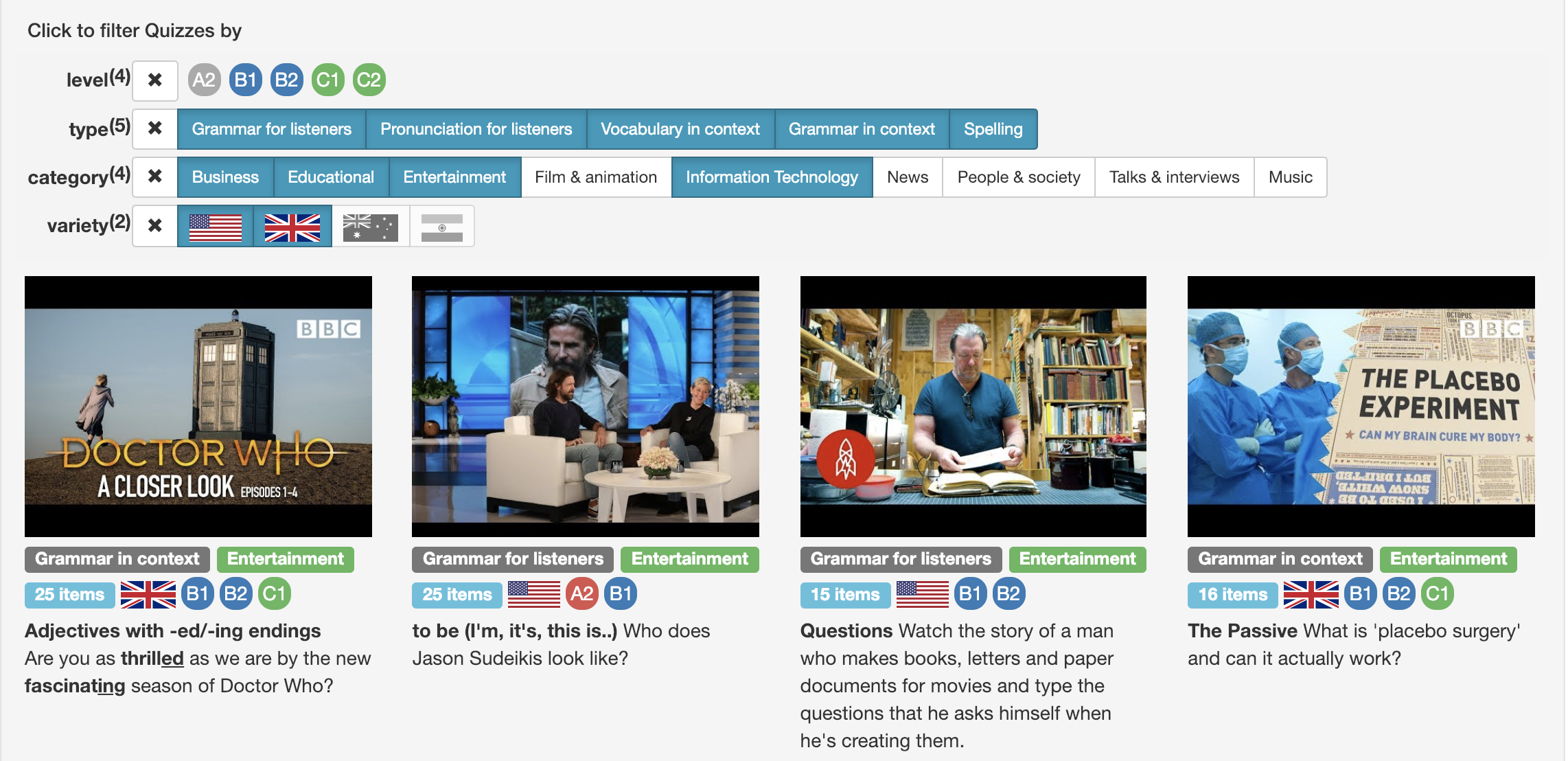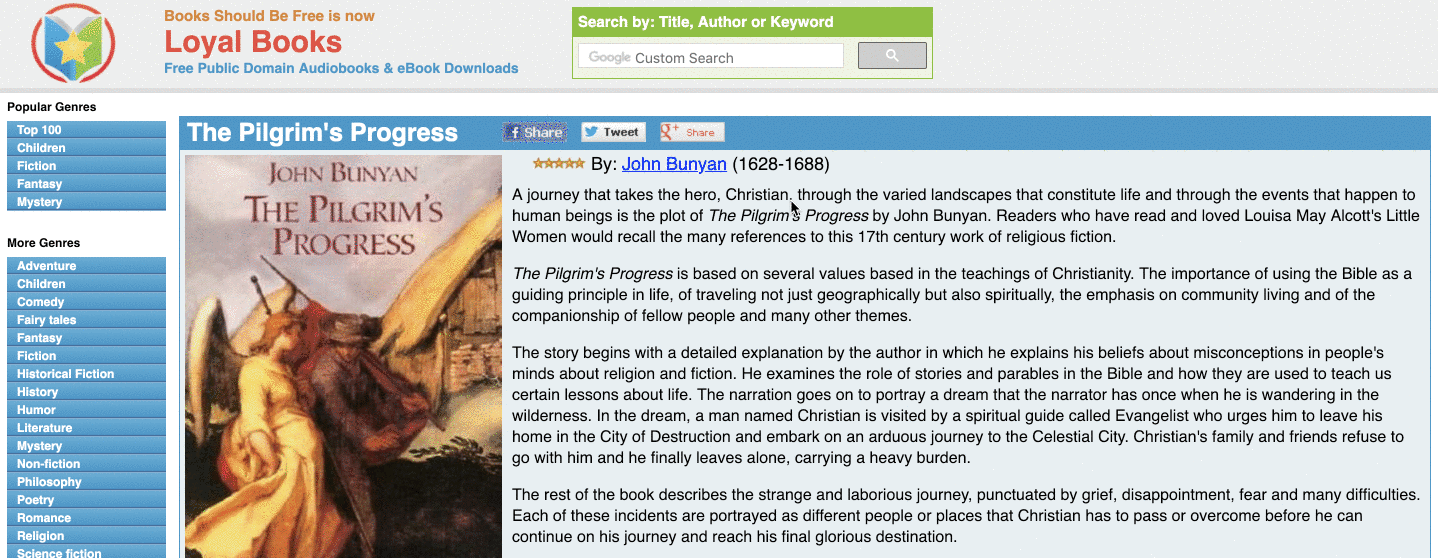Encouraging Autonomous Learning (Adults): Listening, Writing, Reading

Henry Holec coined the term autonomous learning saying «Autonomy is the ability to take charge of one’s own learning.» Here is described a very simple clarification of Learners’ autonomy. In short, your autonomous learner should acquire the following features:
— be ready to risk (as you’re going to offer a great variety of learning methods and strategies to try);
— be flexible (experiments are the key to success);
— be open (if not, here you need to work a bit harder earning their trust and gaining their support back);
— be independent (students should be aware of learning processes and methods applied).
Let’s discuss some ways how to encourage their autonomous learning.
Autonomous listening
Listening as a receptive skill should be practiced not only during the lesson but autonomously, out of class.
First, you need to psychologically prepare your students to listen better, discuss their weak and strong points, their emotions when they don’t hear, work with fears, monitor their reactions in order you could build your personalized strategy how to help students.
It’s far not a secret that to listen better, you should listen to authentic materials every day experimenting with levels, accents, speeches. Moreover, your students should obviously speak more with different interlocutors, practise their reactions to think in English. Following my CPD and having visited EVO 2017, Teaching Listening, I was inspired by a lot of ideas and started using a very engaging tool, tubequizard, that enables my students’ autonomous listening.
At tubequizard you can use an existing gallery of videos and filters according to the level, type, category, and variety:

Apply filters:

Click the video you like to practice:


Fluent gives 50+ resources for ESL learners that can be used for building up an autonomous listening habit.
Englishpage provides various radio resources.
Nature is speaking is for those who is inspired by nature.
BBC is for programme lovers.
EllenShow, Jimmy Fallon, Stephen Colbert are for live show lovers.
IELTS is for your exam preparation.
More ideas here.
Always create the so-called autonomous trackbook with your students where they will fill in information and reflect on activities.
Autonomous writing

Writing in many cases is already autonomous. Tests, essays, diaries, journals, notes are usually written at home as a part of homework. You can also inspire students to use writing on their daily basis, for example, while using internet technologies, social networks, blogging, messengers, personal notes, shopping lists, and many more — any activities that are not supposed to be checked or monitored but facilitate students to switch on independent learning. Here we can find more ways how to enhance students’ writing abilities from scaffolding to motivating them.
Autonomous reading
With Loyal Books we can easily create an autonomous reading routine where your students can pick the book they like in various formats.

Moreover, you can build your personalized lessons based on audio and text materials to check up their understanding.

They should definitely track work in the Reflective journal described here. By the way, here some personalized projects devoted to Reading/Writing/Listening could give benefits (I’ll describe some ideas in another article). :)To develop your adult students’ autonomous abilities, expand their motivation.





 Маргарита Аветисян
Маргарита Аветисян 
 Вероника Аветисян
Вероника Аветисян 


